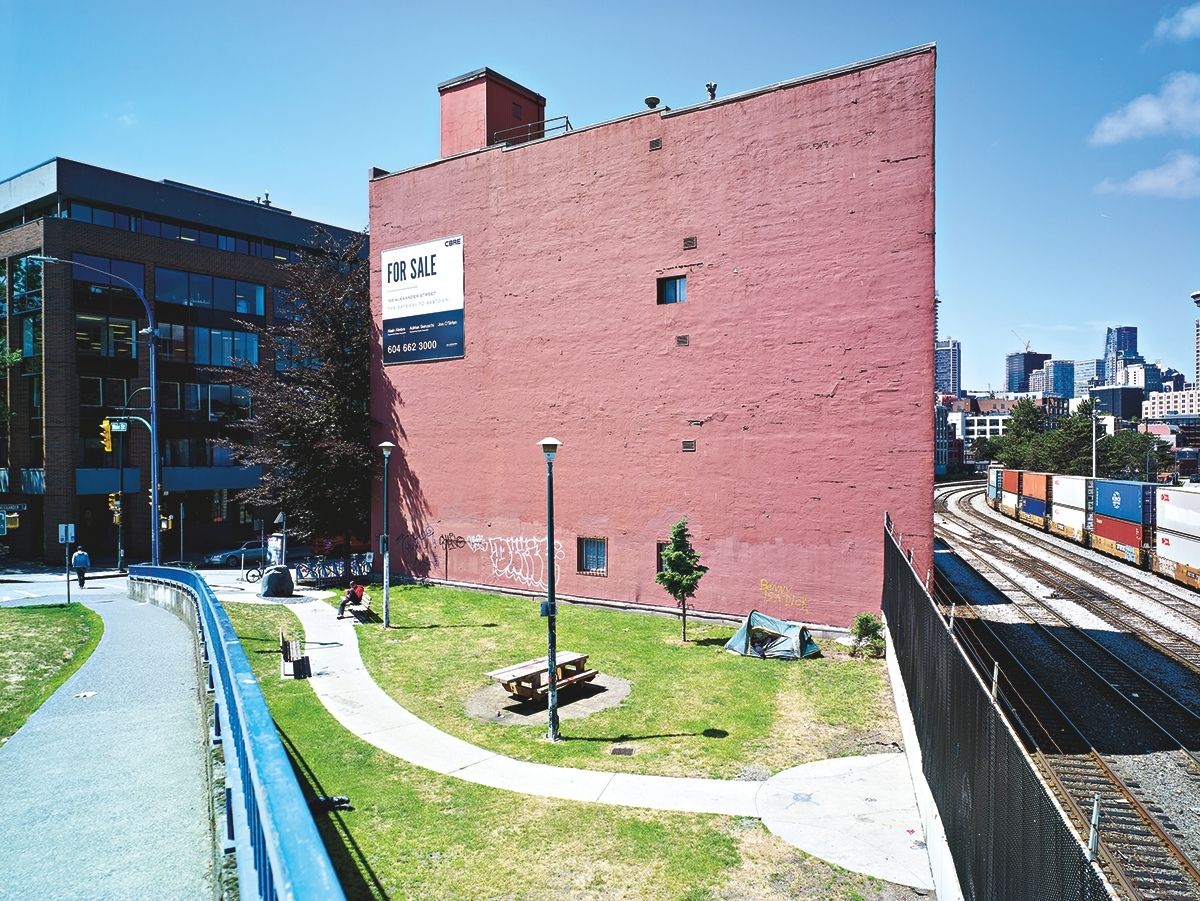For me and other residents of the North Shore of Greater Vancouver, the wilderness is literally blocks away. A line drawn due north from the peaks of the North Shore mountains to the Yukon border will intersect only four roads other than logging roads over a total linear distance of approximately 1,200 kilometres. Thus a world of difference separates our physical situation from that of Robert Macfarlane, one of the “sixty-three million people [who] live in the 120,000 square miles of land” that is modern Britain, where “remoteness has been almost abolished” and where “only a small and diminishing proportion of terrain is now more than five miles from a motorable surface.” In The Wild Places (Granta Books) Macfarlane offers what may well be a premonition of our own future as he goes in search of those few remaining vestiges of British wilderness. His journeys to these isolated locales (chapter titles include “Island,” “Moor,” “Saltmarsh” and “Tor”) are neither tourism nor travelogue, but a form of spiritual quest, which makes Macfarlane a kinsman to the early Celtic Christian monks and to those members of the bardic schools who first taught “the history of places through their names, so that the landscape became a theatre of memory, continually reminding its inhabitants of attachment and belonging.”








